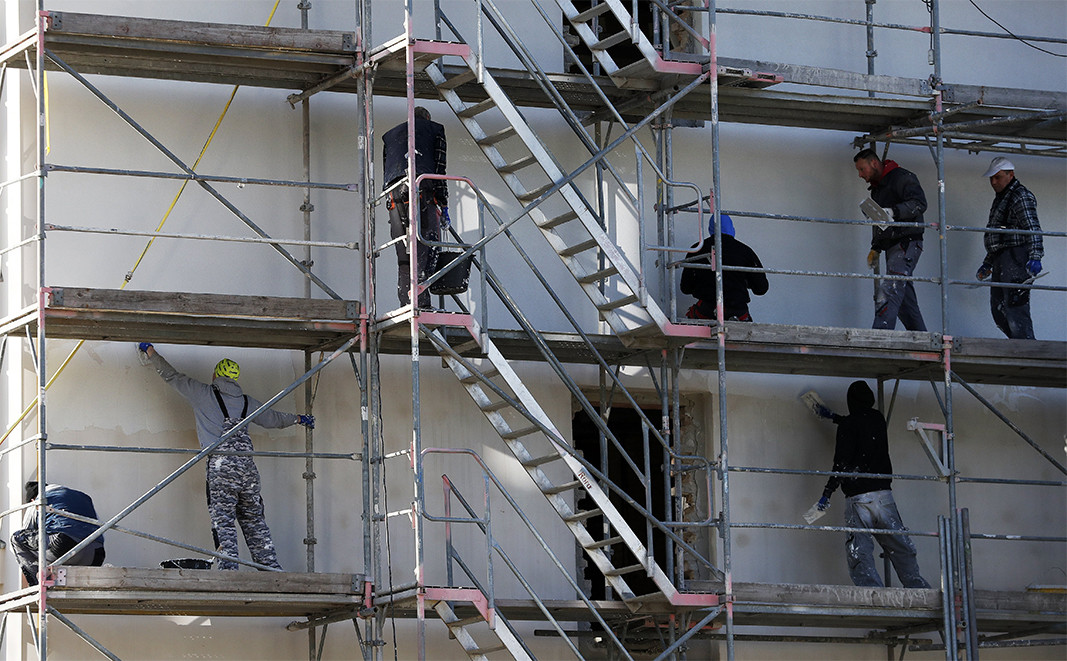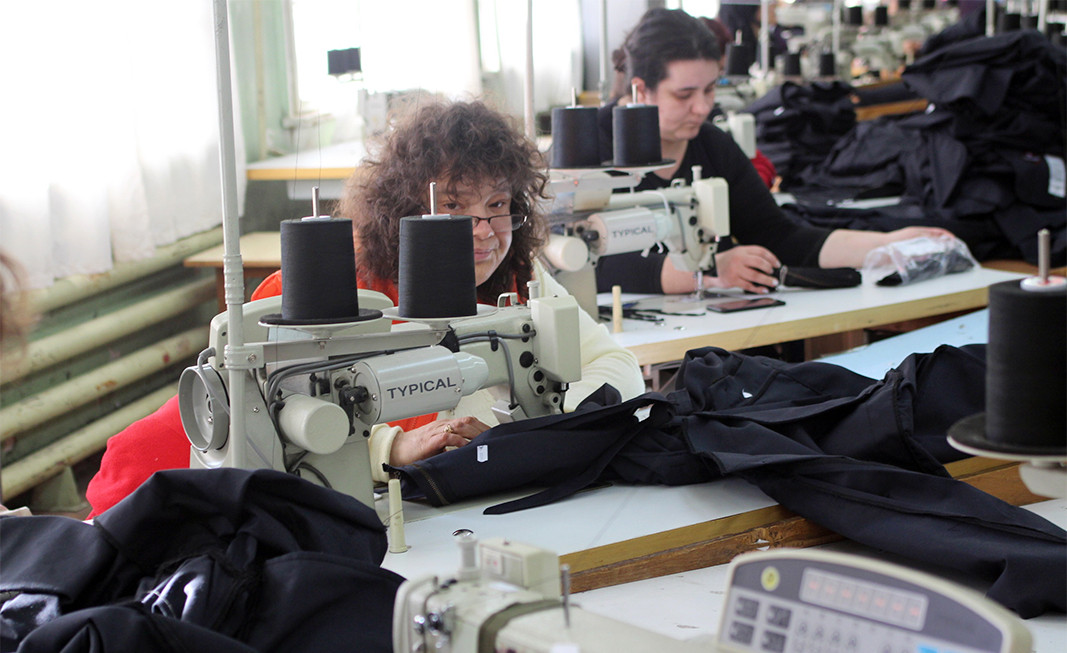May 1 has been marked in Bulgaria as Labour Day since 1945, and after the democratic changes in the country in 1989, trade unions have been playing an increasingly important role – raising awareness of workers’ rights and the most pressing problems affecting the majority of working people in the country.
The most glaring violations today are the violations of the eight-hour work day and of overtime work, for which workers often don’t even get paid, say the two biggest trade union organizations in Bulgaria – the Confederation of Independent Trade Unions in Bulgaria (CITUB) and Podkrepa Confederation of Labour.

In his capacity of labour law expert, CITUB Vice President Todor Kapitanov explains that for overtime on work days after office hours, payment is 50% higher, on days off – 75%. Payment for people working on official holidays – like 1 May – is 100% higher.

“Today is an official holiday and there will be many people working on this day who are not going to get paid – either as overtime work or as overtime on an official holiday,” Todor Kapitanov says. “This Labour Day we don’t have as many reasons for optimism, as we have cause for concern with the growing consumer prices and the salaries lagging behind. But what is most worrying is that during the past year we have not been talking about raising salaries, we have been talking about catching up with the inflation rate. For there to be normal market relations, payment should not catch up with the inflation rate, it should be several times higher. According to latest data, inflation is in the double-digits, over 16%. Salaries in many of the enterprises cannot make up for that, and that means people are growing poorer. The high inflation is now unendurable for the working people in Bulgaria. So, the trade unions, the CITUB included, continue to stand in protest and strike readiness.”

There is one more problem that should be added to all of the problems accumulated because of the inflation – the prolonged political crisis which has meant there is still no state budget for 2023, something, Todor Kapitanov says is putting to the test absolutely all structures and the working people in the country. Still, some optimism is generated by several international directives, one of which obligates Bulgaria to adopt the rule of the minimum salary being 50% of the average for the country. That, the trade unions estimate should mean a minimum monthly salary of around 1,000 Leva (a little over EUR 511) as of next year.
“At the end of 2022, under the pressure of trade union protests across the entire country, the National Assembly adopted such a text – that the minimum salary in the country should be 50% of the average salary. We do have some objections because there is no specification “no less than 50% of the average salary”, so there are still things that need to be cleared up,” Todor Kapitanov says.
Translated from the Bulgarian and posted by Milena Daynova
Photos: Pixabay, BGNES
Three-time world champion and Olympic weightlifter Carlos Nasar will be holding a special event with the Bulgarian community in London on 23 November. According to the organisers, it will be an open conversation in which Nasar will discuss his journey..
On 16 November, we celebrate Caritas Day, when we honour the Catholic Church’s charity organisation that brings hope to those in need through care and acts of mercy . It reminds us that financial gain is not what matters most. What truly matters is..
The first museum of investment gold is welcoming visitors in Plovdiv who want to learn more about the history of money and its connection to gold – from the birth of gold, its cosmic origin, and its journey to Earth, to how this precious metal has..

+359 2 9336 661
